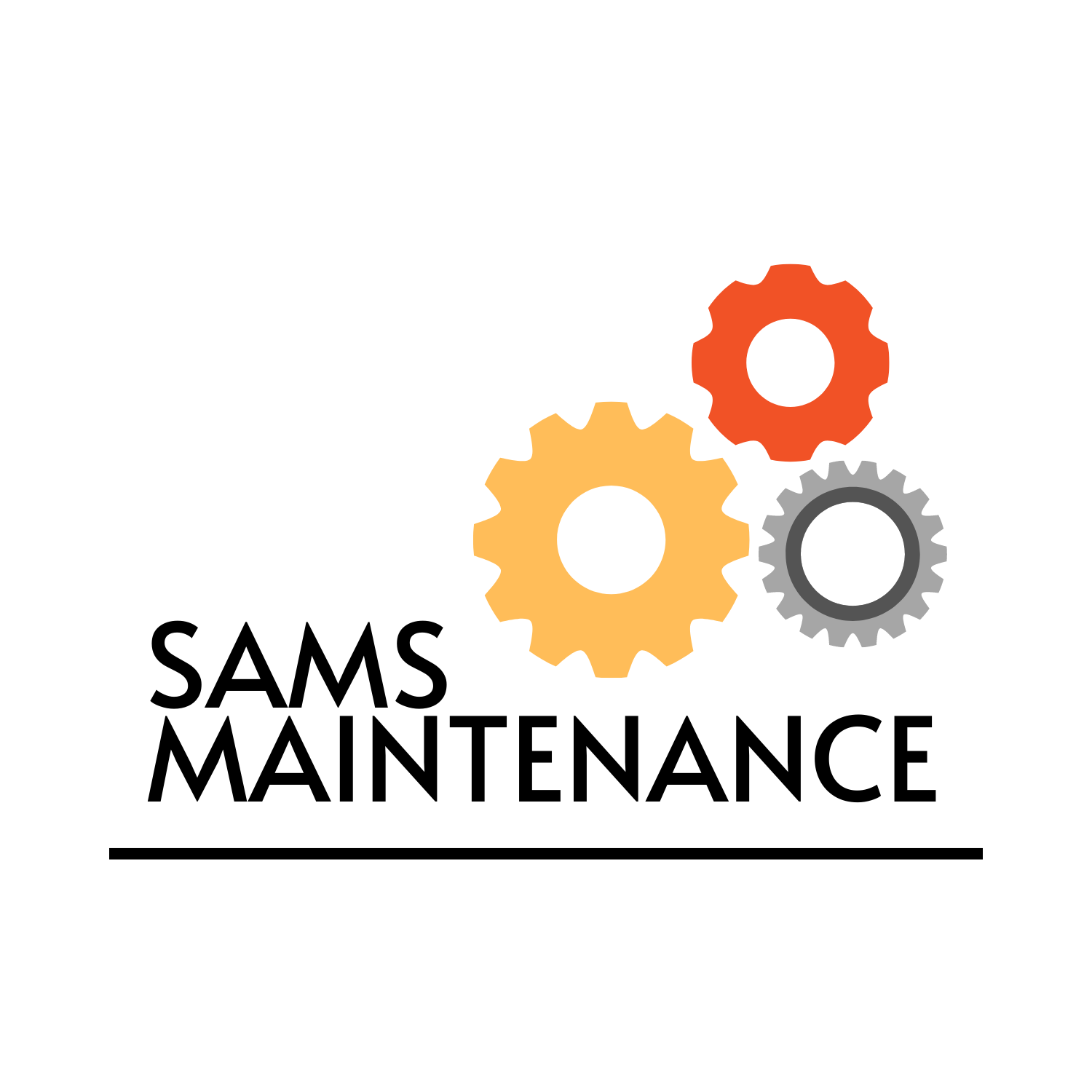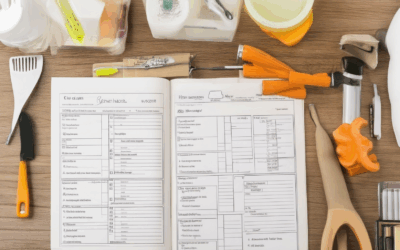Owning a home comes with its share of worries, particularly when it comes to repairs. Whether it’s a leaky faucet or a major system failure, finding reliable and actionable advice can feel overwhelming. But with expert home repair advice, you can approach each situation with confidence and peace of mind. This guide explores everything you need to know, from managing anxiety over repairs to seeking out the right resources and professionals. Discover how to handle every repair scenario with ease and regain control over your home maintenance.

Most Expensive Home Repairs
- Kitchen Renovation: Includes cabinetry, appliances, and countertops, often costing thousands.
- Bathroom Remodel: High-end fixtures, tiles, and plumbing can add substantial expenses.
- Plumbing Replacement: Especially for water heaters and major pipe work, which can be labor-intensive.
- HVAC System Installation: New furnaces or AC units, especially energy-efficient ones, can be costly.
- Electrical Rewiring: Updating older systems or adding circuits requires skilled labor and materials.
- Roof Repair/Replacement: Particularly for older roofs or those needing complete replacement.
- Asbestos Removal: Necessary in older homes and can be a significant expense.
- Driveway/Patio Installation: Using premium materials can lead to high costs.
- Structural Repairs: Addressing foundation issues requires specialized expertise and materials.
- Appliance Installation: Large items like pools tables or spas involve heavy lifting and labor fees.
- Exterior Updates: New windows or siding can be expensive but vary based on material quality.
How to Stop Worrying About Home Repairs
Worrying about home repairs can be overwhelming, but with the right approach, you can manage your concerns effectively. Here’s how to tackle home maintenance with confidence:
- Create a Home Maintenance Checklist : Start by making a list of tasks to monitor regularly. Include checks like examining pipes, replacing air filters, and testing smoke detectors. Schedule monthly, quarterly, and annual inspections to catch issues early.
- Learn Basic Skills : Master simple DIY tasks through tutorials on platforms like YouTube or local workshops. Begin with easy projects, such as organizing your toolbox or learning to use a multimeter, to build confidence without causing damage.
- Set Up an Emergency Fund : Allocate savings for unexpected repairs. Aim for a few hundred dollars initially, and consider negotiating payment plans with contractors if costs exceed expectations.
- Build a Reliable Network : Find trusted professionals by asking friends, neighbors, or local organizations for recommendations. Check reviews and certifications to ensure reliability, such as hiring a licensed plumber or electrician.
- Practice Preventative Maintenance : Regularly clean and inspect your home to prevent minor issues. Set reminders on your phone to stay on top of tasks and consider upgrading to energy-efficient appliances for long-term savings.
- Stay Calm and Prepared : Practice stress management techniques like deep breathing to remain composed during repairs. Develop a plan for common issues and don’t hesitate to call professionals when needed.
- Accept Your Limits : Recognize that not all problems can be solved by you. Focus on prevention and seek help when necessary. Keep emergency contact numbers handy for added reassurance.
By following these steps, you can reduce your anxiety and manage home repairs more effectively, ensuring your living environment remains safe and well-maintained.

How to Learn About Home Repairs
Learning home repairs can be a valuable skill for homeowners looking to save money and maintain their property. Below are effective ways to gain knowledge in this area:
Educational Resources
- Websites and Blogs:** Explore platforms like HomeAdvisor , This Old House , and DIY Network . These sites offer extensive guides, videos, and articles covering various repair topics.
- Online Courses:** Consider enrolling in courses on platforms such as Udemy , Coursera , and Skillshare . These platforms provide courses on skills like carpentry, plumbing, and electrical work.
Local Learning Opportunities
- Community Colleges:** Many community colleges offer basic repair courses, such as HVAC, plumbing, and electrical systems. These programs are often affordable and hands-on.
- Local Workshops and Classes:** Look for workshops hosted by hardware stores, home improvement centers, or local organizations. These events often cover practical repair techniques and tools usage.
Diy Communities and Forums
- Online Forums:** Engage with communities like Home Repair Forum or Reddit’s Home Improvement Subreddit . These forums allow you to ask questions, share experiences, and learn from others.
- YouTube Channels:** Subscribe to channels like Gary Null’s Home Improvement and DIY Network . These channels provide tutorials and step-by-step guides for various repairs.
Hands-On Practice
- Practice Projects:** Start small projects, such as fixing a leaky faucet or patching a wall. These tasks provide real-world experience and can be followed by more complex repairs as confidence grows.
- Volunteer or Apprenticeship:** Volunteer for local non-profits or offer services to friends and neighbors. This allows you to gain experience while helping others.
Stay Updated with Trends
- Industry Blogs and Newsletters:** Follow blogs and newsletters from reputable sources like This Old House and Hardwick Blog . These publications keep you informed about the latest tools, techniques, and industry developments.
- Professional Associations:** Join associations like NATHEA (National Trade, Heating, and Air Conditioning Contractors) to access member resources and stay updated on best practices.
By utilizing these resources and opportunities, you can effectively learn home repair skills and become more confident in maintaining your home. Whether through formal education, online learning, or hands-on practice, there are numerous avenues to acquire the knowledge needed for successful home repairs.

What to Do When Your House is Beyond Repair
If your house is in disrepair and you’re unsure how to proceed, here are some steps to consider:
- Sell the House As-Is : If repairs are too costly and you can’t secure financing, selling your home in its current condition may be your best option. Contact a real estate agent to evaluate your property’s market value and discuss the selling process.
- Consult a Real Estate Agent : An experienced agent can provide insights into the local market and guide you through the selling process, helping you navigate any challenges.
- Research Local Laws : Check local regulations regarding property disclosure to ensure you’re compliant with legal requirements when selling.
- Consider Renting the Property : If you can’t live in it, renting it out might generate income. However, be prepared for the challenges of managing a potentially problematic property.
- Explore Assistance Programs : Look for non-profit organizations or government programs that offer aid for homeowners needing repairs or modifications.
- Secure Temporary Housing : If the house is unsafe, find alternative living arrangements while addressing the property’s issues.
- Review Insurance Coverage : Check your insurance policy to see if it covers damages beyond repair and consider filing a claim if applicable.
By evaluating these options and seeking professional advice, you can make informed decisions tailored to your situation.
What if Repairs Are Not Done Before Closing?
If repairs are not completed before closing on your home purchase, here’s what you should do:
- Document the Issues
- Take photos and note down all the defects or repairs needed.
- Create a detailed list of missing repairs and their estimated costs.
- Communicate with the Seller
- Contact the seller or their agent to discuss the issue.
- Negotiate an agreement to complete the repairs post-closing.
- Hold Back Funds Escrow
- Request the seller to place the necessary repair costs in escrow.
- Ensure the money is sufficient to cover all agreed-upon repairs.
- Obtain Professional Inspection
- Hire a professional inspector to assess the property’s condition.
- Get a written report detailing all required repairs and their urgency.
- Proceed with Caution
- Only close on the property if all agreed-upon repairs are completed.
- Sign off on the inspection report only when satisfied with the repairs.
Remember, prioritizing the completion of repairs ensures you move into a home that meets your expectations and avoids potential future issues.
For more insights on handling home maintenance challenges, visit our Home Maintenance Guide .

What to Do When You Can’t Afford a Home Repair?
If you’re facing unexpected home repairs and worried about affording them, don’t panic. Here are some practical steps to take:
1. Assess the Situation
- Identify the urgency of the repair. Address critical issues first, such as safety hazards or health risks.
- Evaluate the cost of hiring a professional versus doing it yourself to determine the most affordable route.
2. Explore Affordable Options
- DIY Solutions: Look for simple fixes you can handle on your own. Many home repairs have step-by-step guides online or in DIY communities.
- Borrowing Funds: Consider asking family or friends for a short-term loan. If that’s not feasible, explore low-interest personal loans or credit cards.
- Emergency Assistance: Apply for grants or low-interest loans from local organizations or government programs designed for home repairs.
3. Utilize Community Resources
- Contact local non-profits or housing authorities for repair assistance programs.
- Some cities offer subsidies or rebates for home improvements to low-income families.
4. Create a DIY Repair Kit
- Assemble a toolkit with essential tools like a screwdriver, tape, and measuring tape.
- Keep a first aid kit handy for minor injuries during repairs.
5. Negotiate Payment Plans
- Ask service providers if they offer payment plans or discounts for emergencies.
- Some companies may be willing to lower their rates or spread payments over time.
6. Prioritize Repairs
- Address the most urgent issues first to prevent further damage or safety hazards.
- Delay less critical repairs until your financial situation improves.
Conclusion
Remember, every challenge has a solution. By taking these steps, you can manage home repairs without overspending or causing stress. Stay calm, assess your options, and take action to protect your home and family.




0 Comments